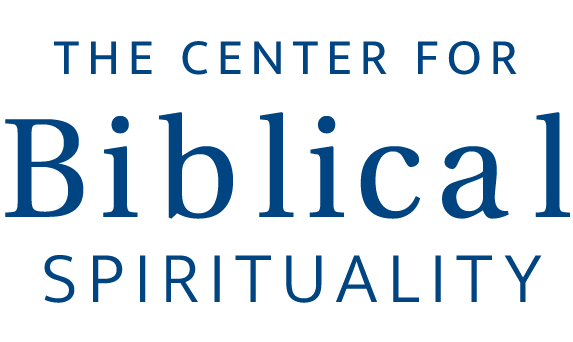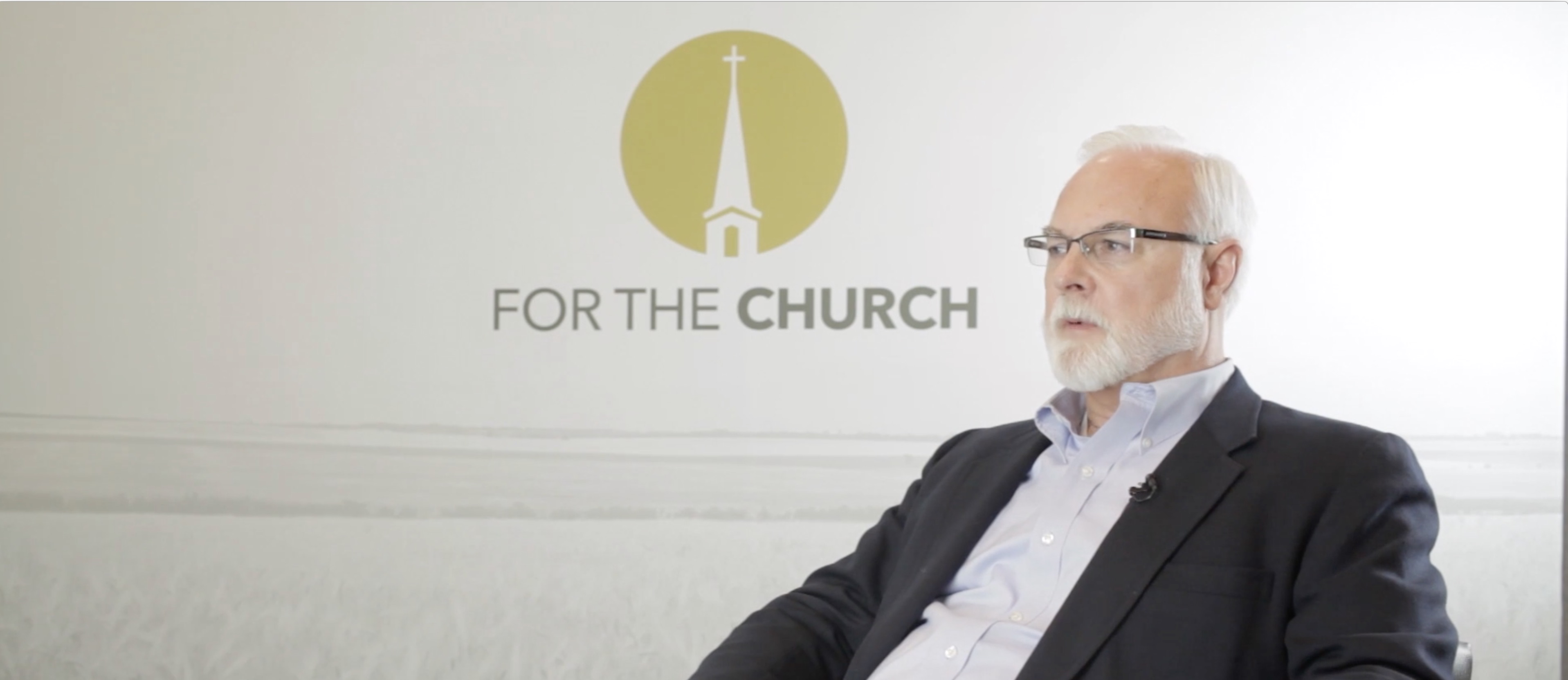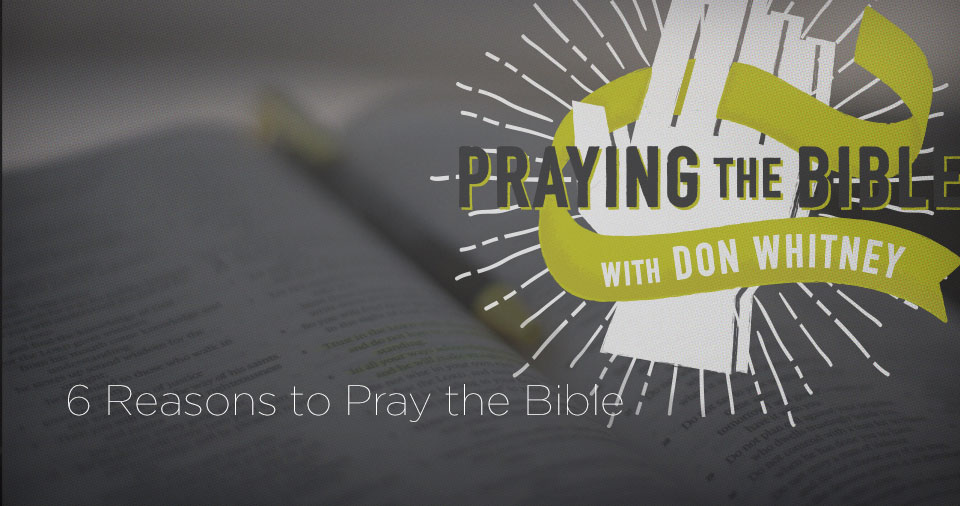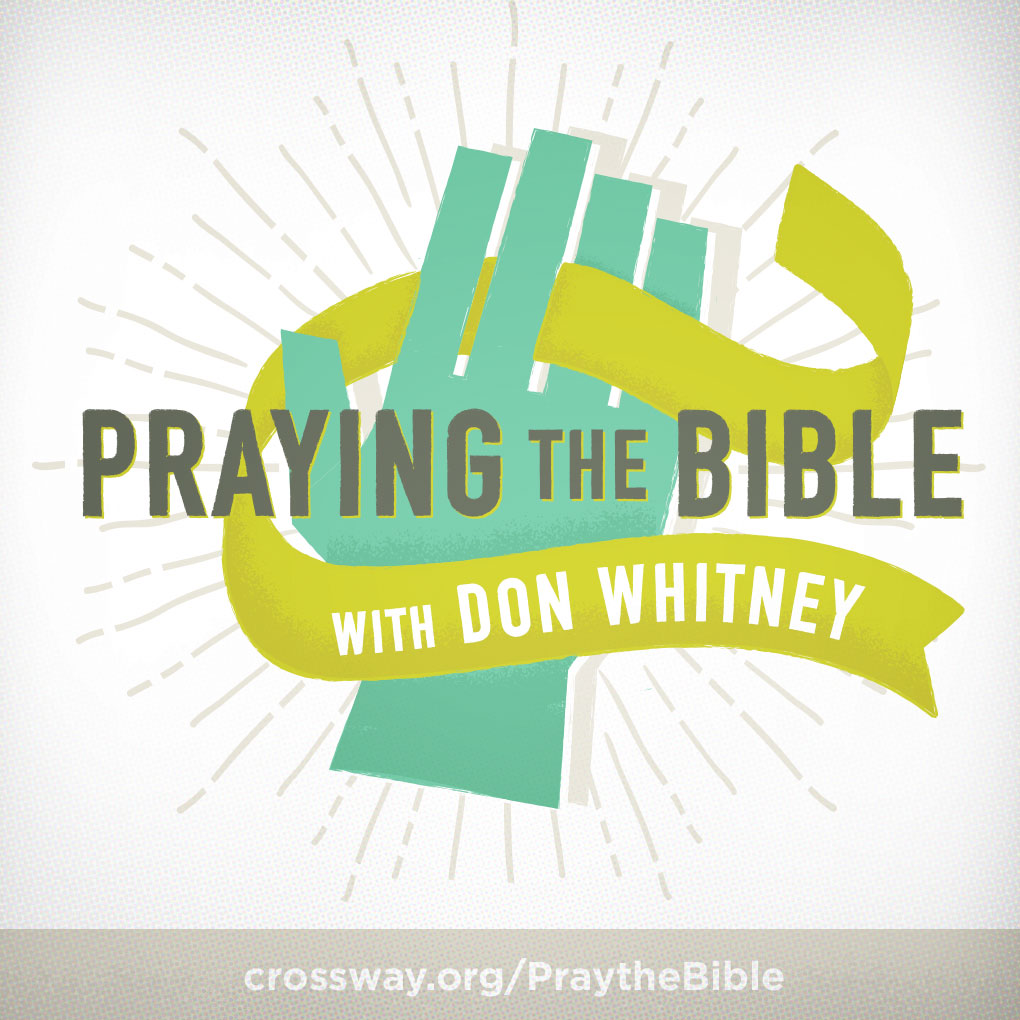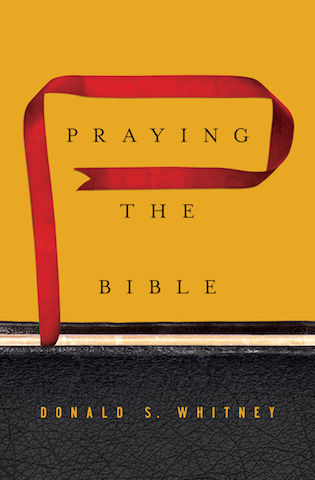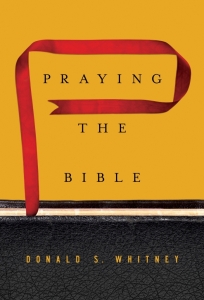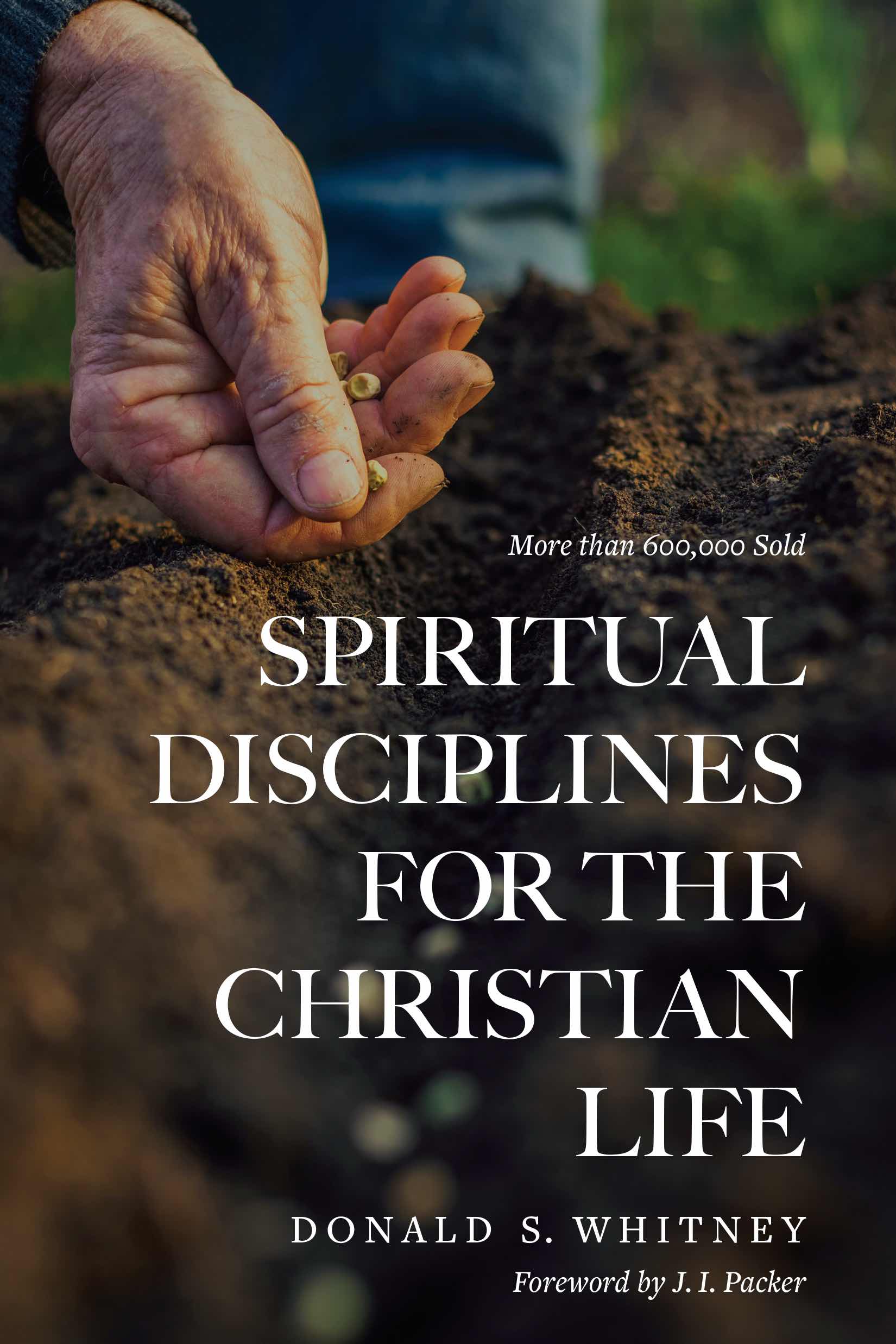“Empty phrases” are ruinous in any area of spirituality, but especially in prayer. Jesus warned, “But when you pray, do not heap up empty phrases as the Gentiles do, for they think that they will be heard for their many words” (Matthew 6:7).
Such “empty phrases” can result from insincerity or repetition. That is, we might pray meaningless, vacuous words because either our hearts or minds are far away.
One of the reasons Jesus prohibited the mindless repetition of prayers is because that’s exactly the way we’re prone to pray. Although I don’t recite intentionally memorized prayers, my own tendency is to pray basically the same old things about the same old things. And it doesn’t take long before such prayers fragment the attention span and freeze the heart of prayer.
The problem is not our praying about the same old things, for Jesus taught us (in Luke 11:5-13 and 18:1-8) to pray with persistence for good things. Our problem is in always praying about them with the same ritualistic, heartless expressions.
In my experience, the almost unfailing solution to this problem is to pray through a passage of Scripture—particularly one of the psalms—instead of making up my prayer as I go. Praying in this way is simply taking the words of Scripture and using them as my own words or as prompters for what I say to God.
For example, if I prayed through Psalm 27, I would begin by reading verse 1, “The Lord is my light and my salvation.” Then I would pray something like,
Thank you, Lord, that you are my light. Thank you for giving me the light to see my need for Jesus and your forgiveness. Please light my way so that I will know which way to go in the big decision that is before me today. And thank you especially that you are my salvation. You saved me; I didn’t save myself. And now I ask you to save my children also, as well those at work with whom I’ve shared the gospel.
When I have nothing else to say, instead of my mind wandering, I have a place to go—the rest of verse 1. “Whom shall I fear?” Then I might pray along these lines: “I thank you that I do not have to fear anyone because You are my Father. But I confess that I have been fearful about ______.”
I would continue in this way, praying about whatever is prompted verse by verse, until either I complete the psalm or run out of time.
Praying through a passage of Scripture was the uncomplicated method that transformed the daily experience of one of the most famous men of prayer in history. George Müller said,
Formerly when I rose, I began to pray as soon as possible, and generally spent all my time till breakfast in prayer . . . What was the result? . . . Often, after having suffered much from wandering of mind for the first ten minutes, or quarter of an hour, or even half an hour, I only then began really to pray.
I scarcely ever suffer now in this way. For my heart being nourished by the truth, being brought into experimental [that is, experiential] fellowship with God, I speak to my Father . . . about the things that He has brought before me in His precious Word.[1]
Both Jesus (in Matthew 27:46) and His followers in the book of Acts (4:24-26) prayed words from the Psalms (from Psalm 22:1, and Psalm 146:6 and Psalm 2:1-2 respectively). Why not you?
Although you’ll pray about “the same old things,” you’ll do so in brand new ways. You’ll also find yourself praying about things you never thought to pray—things that are on the heart of God.
You’ll concentrate better, and begin to experience prayer as a real conversation with a real Person. For the Bible really is God speaking to you, and now all you have to do is simply respond to what He says.
[1] Roger Steer, comp., Spiritual Secrets of George Müller (Wheaton, IL.: Harold Shaw, 1985), pp. 61-62.
To learn about Don’s book, Praying the Bible, or to order, click here.
